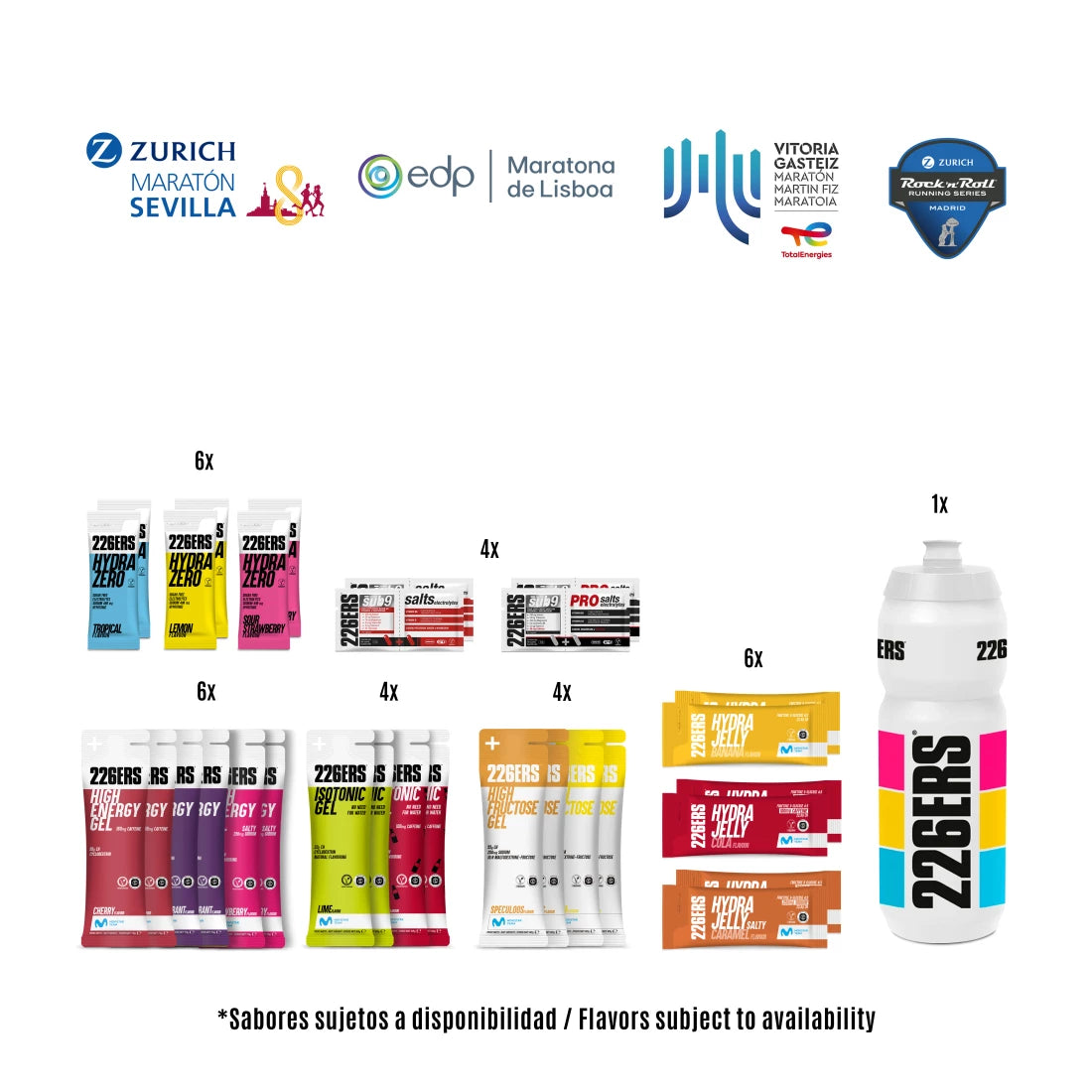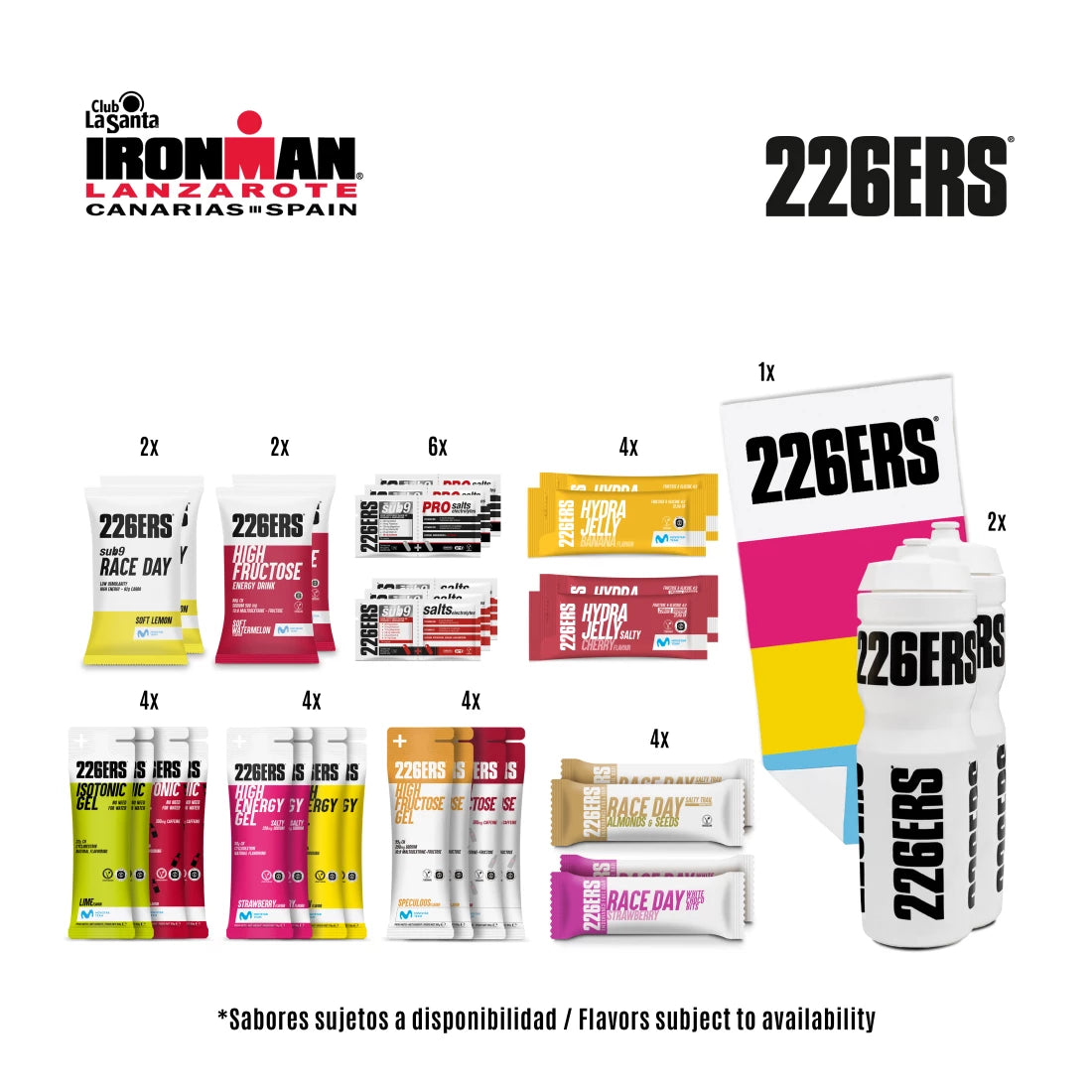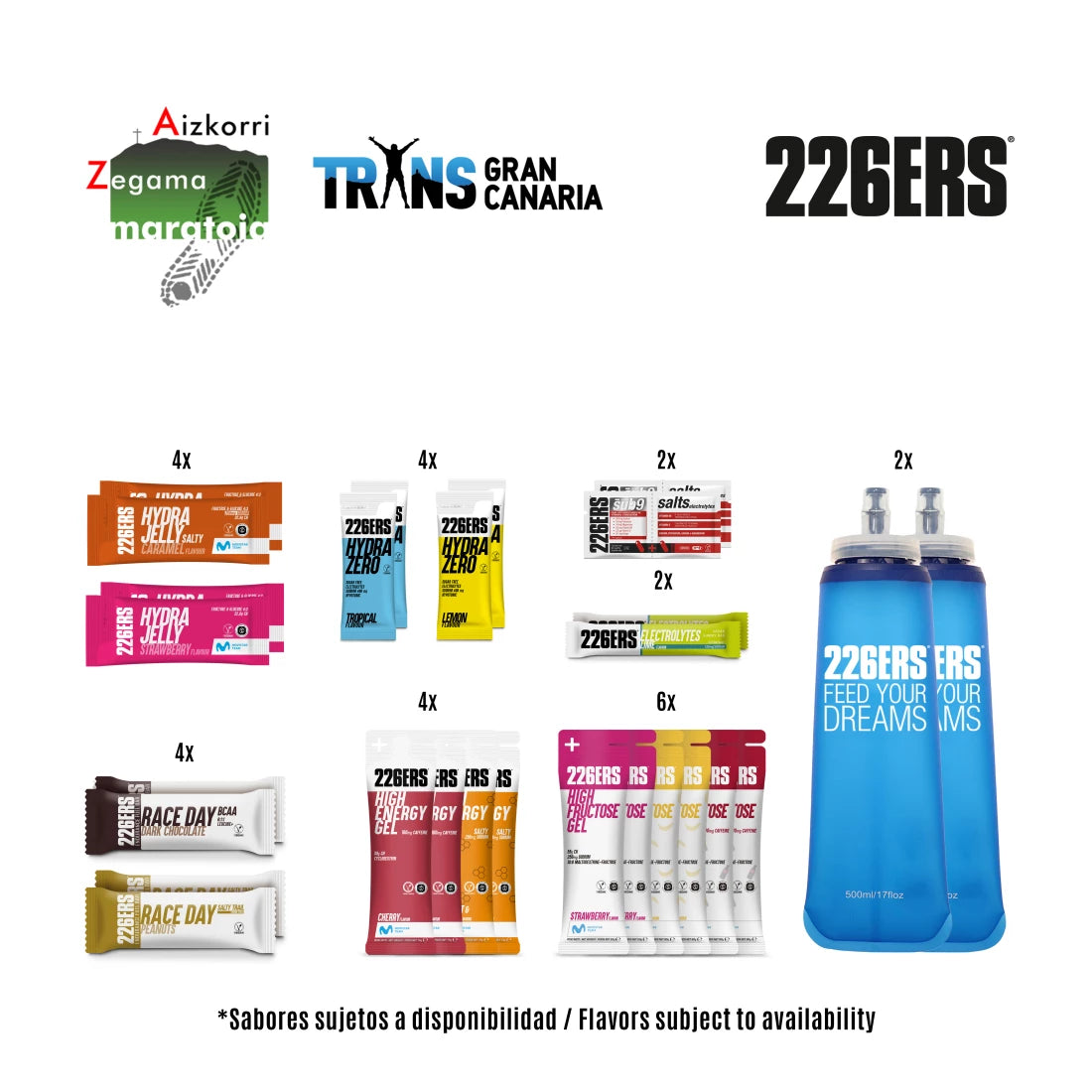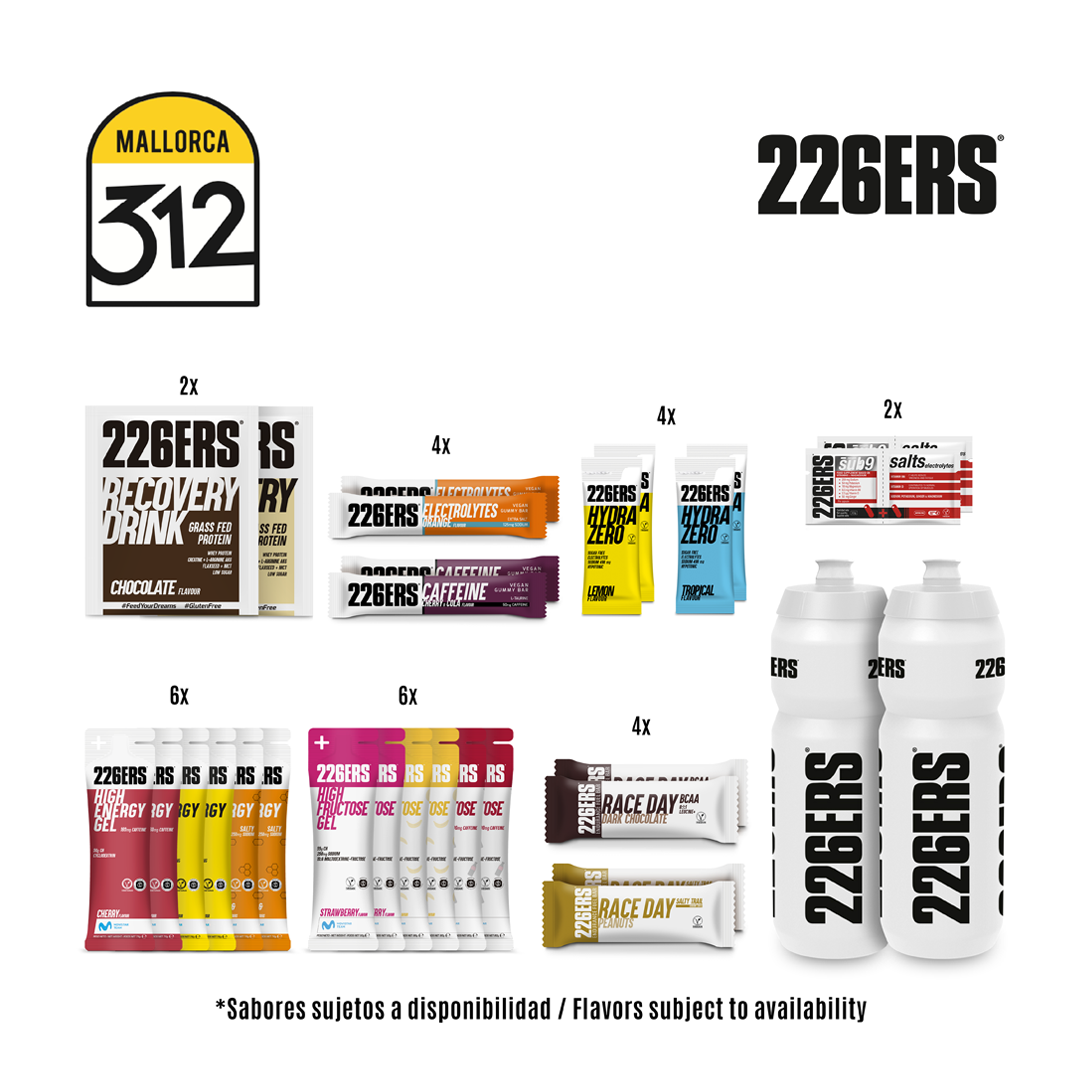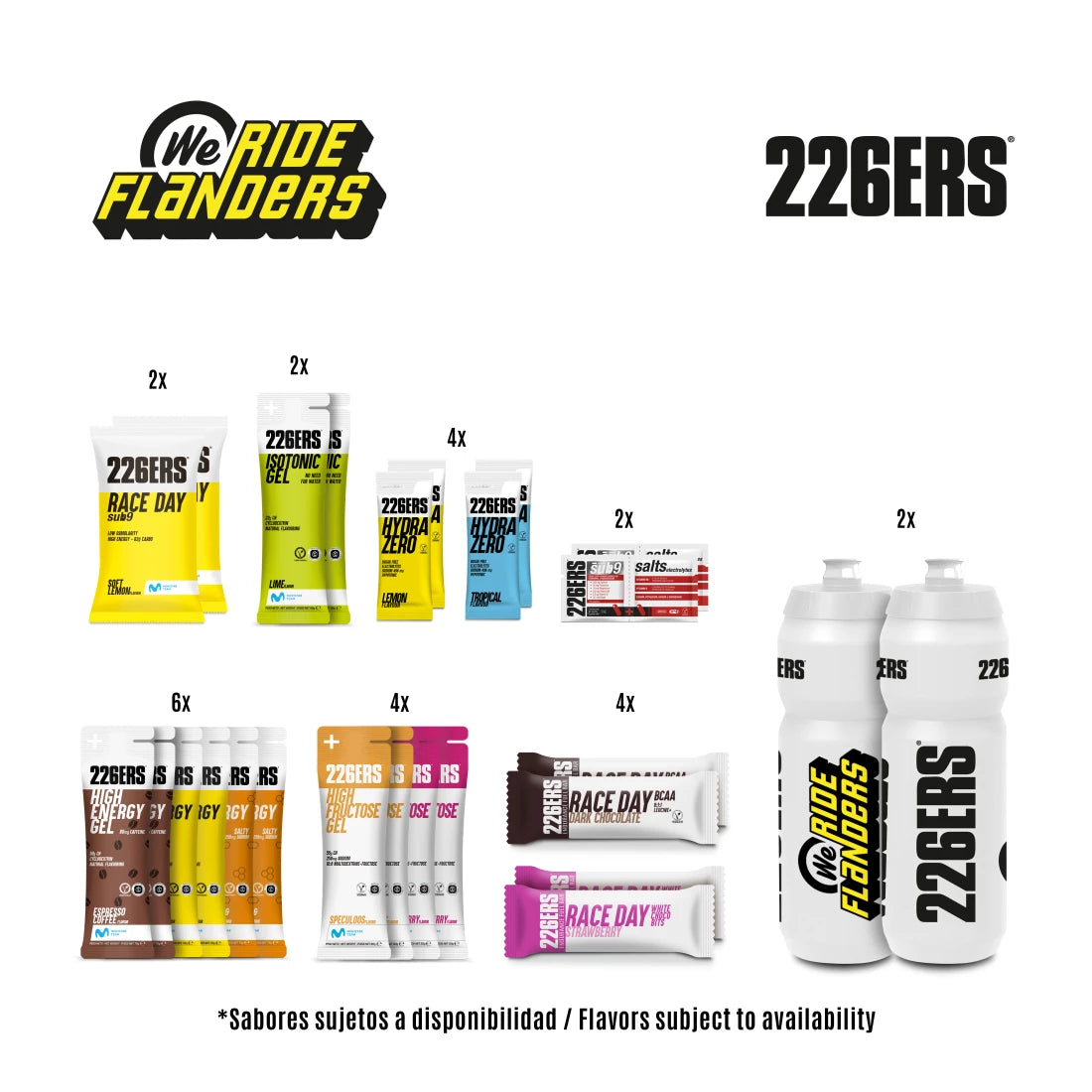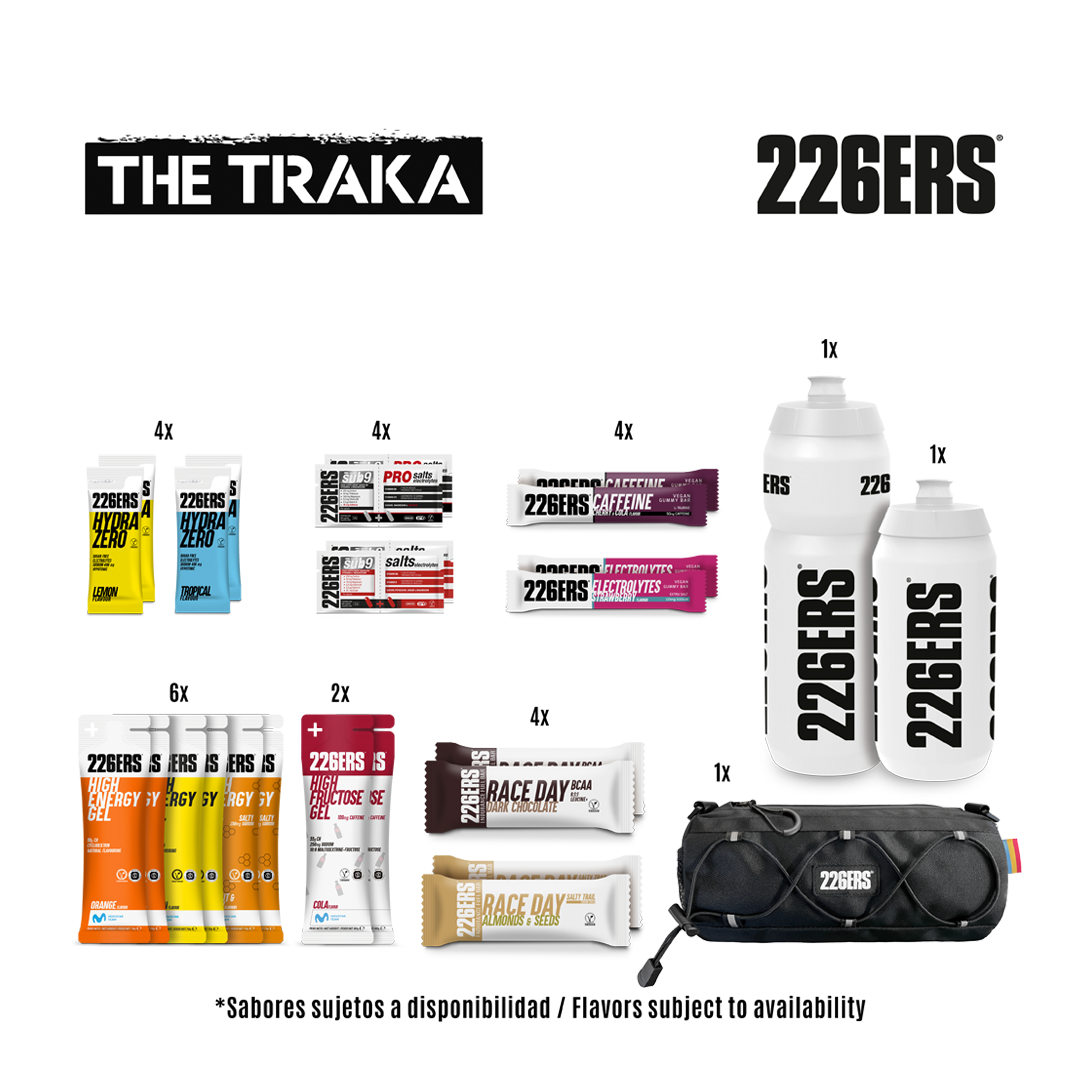Nutrition in Trail Running. What to take and when to take it.
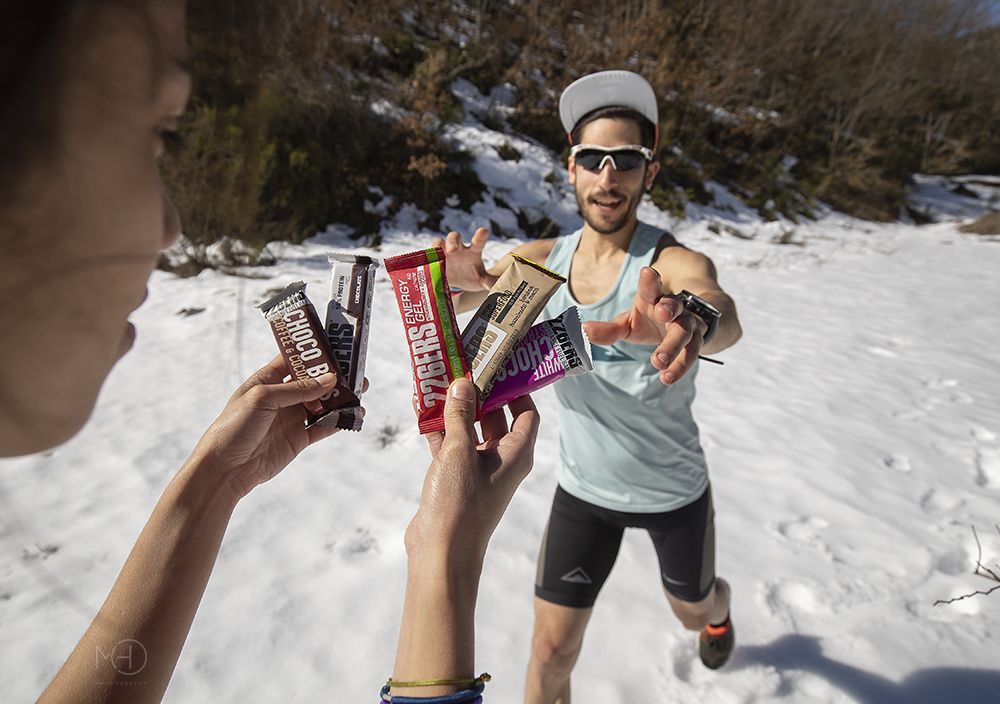
Nutrition in Trail Running. What to take and when to take it.
Author: Ainhoa Prieto - sports nutritionist at www.bikain-bike.com After several months of hard work, training to undone, cold, rain, tiredness ... The big day has come and here you are, prepared to give everything in this great test. Among all the details you have prepared, surely you will have thought well about the issue of food and supplementation that you are going to carry during the race, and if not, it is time for you to plan a good nutritional strategy and have adequate gasoline until the end. There are several aspects to take into account so that your strategy works and do not leave things in the hands of chance. Here is a small summary of the most important keys:Previous days
Before mentioning what to do the day of the race, it is worth highlighting the importance of the days before the test. In fact, just as your training will change during those days to be the most prepared, your diet also has to follow this line of work. Thus, you have to think about the following points:- Carbohydrate load: To make sure that your glycogen deposits (way in which carbohydrates are stored in the muscle) are well filled for the test, your diet 24-48 hours prior to the test has to be very rich in carbohydrates, always choosing natural and quality foods such as: oatmeal, rice, pasta, quinoa, potatoes, sweet potato, fresh and dried fruit ...
- Hydration: After the previous post about hydration, you already know the importance of your hydration status on performance. So be sure to drink 2-3 liters of water daily, even with a little salt or Hydrazero, To improve this water retention and in turn help that glycogen retains better in the muscle.
- Prepare your intestine: Surely you will have had several experiences with your digestive system so far. To avoid major problems during the test, it is essential that you have trained your intestine to drink and eat certain foods and supplements in your training. Thus, a rule that you can not jump is to try new things on the day of the test, you do not know how your tolerance will be, so you do not risk and go to safe.
Test day
1. Your pre-carrier food Be the time of breakfast, food, dinner or none of the previous one, it is recommended that the last "food" before the test is 3-4H before it. We must mention that there are people who prefer not to make such intake and "load" the day before and previous energy deposits. For this meal you have to choose something that you know you like, it feels good and it works for you. Do not try anything new, follow your usual routine. In the latter shot, carbohydrates are again protagonists, it is even recommended that they are not so integral, so that they would be digested before and the fiber does not magic in your intestine. Protein and fatty foods should also be avoided as they slow down the digestion process. So what could be a pre-carrier meal? ▪ Ausa porridge with banana and honey ▪ White rice with carrot and pumpkin ▪ Fajita of rice, chicken and sweet potato ▪ Pasta with tomato sauce ▪ 226ers Energy Cake and K-Weeks Immune Veggie Energy Cake It is excellent as breakfast, snack, dessert or before a competition since it contributes a 12% protein, it is easy to digest and does not carry added sugars. K-Weeks Immune It is a drink to drink during breakfast. Its active composition, reinforces and modulates the immune system. It also protects the tendons, reduces the inflammation of the joints, typical of these periods, and helps the maintenance of the muscles. 2. Snacks and drinks during As time passes your energy reserves are spending, so you have to replace them, easily, quickly and digestively. For an> 2h event, an intake of about 60g of carbohydrates per hour is recommended. Believe me, getting to that amount is not easy, and you have to train your intestine very well before it is able to absorb that amount during exercise. Again, you do not try anything new on the day of the test. Apart from the amount of hydrates, you have to play with the type of hydrates, since they will take different absorption pathways, so that you have more quantity faster. To do this, you have to combine different foods, and as logistics it will be fundamental so that you are comfortable and without extra weight, the easiest for this situation can be supplements such as: drinks and bars with high carbohydrates, gels, jelly beans ... Energy Drink. Its use is especially recommended for physical exercises or competitions of a duration equal to or greater than 90´ and for carbohydrates loads prior to long -term competitions. Sub9 Energy Drink It is an energy product especially indicated for training and competitions of more than 4 hours. Contributes Last generation amylopectin, ultrafiltrated isolated proteins and BCAAS. The Bio Energy Gel They are designed to meet energy demands in sports practice by providing a sustained energy release. In the composition we include minerals, mainly sodium. They also provide potassium. Endurance Fuel Bar. Perfect energy bars to take during training, competitions or between hours to provide the necessary energy prior to an effort. Vegan Gummy Bar They are energy bars with gelatin texture formulated with a high quality carbohydrate mix and pectin so they are suitable for vegans. Thus you can combine the options every 45-60 ’, for example, with 1 gel, half a bar, 1 jelly. Another example 500ml of carbohydrate drink and ½ bar, 1 gel or a jelly. Each of these cycles should start given 45-60 'until the test is finished. 3. Hydration A fundamental piece within the puzzle is hydration. However, it is difficult to drink running, so you will have to train this previously. Apart from water, choose isotonic drinks containing carbohydrates and salts, to make that extra energy contribution and ensure that you retain the water you are drinking. You can also choose products that exclusively provide salts, such as salts of salts or high sodium beverages, according to your preferences. To do this, you can choose the following products: ISOTONIC DRINK. Its use is especially recommended for intense physical exercises or competitions of a duration of less than 90´ and as hydration and recharge of deposits of mineral salts prior to competitions and recovery of the levels of mineral salts after physical exercise. Hydrazero. Its use is especially recommended when exercising as hydration and as a recharge of deposits of mineral salts prior to competitions and recovery of mineral salts after physical exercise. The Sub9 Salts They are an evolution of Salts Electrolytes Thinking of a continued intake during more extensive exercises. 4. Recovery Congratulations, you've finished! Objective fulfilled? We do not know, but what is clear is that you have to recover from this great test. Be sure to prepare a recovery shake as soon as you finish the test so that your recovery process begins as soon as possible. To do this, you just have to choose the taste you like the most about Recovery Drink available. Recovery Drink It is the perfect drink for recovery after training, since it provides more than 40% of high quality protein that comes from the milk serum protein concentrate and contains less than 2g of sugar per shot. After this, your food and/or dinner options should include: - Carbohydrates: to replace energy deposits. Ex: rice, sweet potato, potato, pasta, fruits, vegetables ... - Protein: To repair muscle damage. Ex: fish, chicken, turkey, eggs, dairy, tofu, tempeh ... - Healthy fats: To reduce inflammation. Ex: avocado, nuts and seeds, salmon, sardines, anchovies ... Last trick before bedtime, take a Night Recovery Cream That apart from being tasty, it will be a perfect option to continue your muscle recovery while you sleep thanks to its casein content. Night Recovery Cream. It is a custard cream or yogurt to drink with a spoon. It provides calcium caseinate, amino acids, L-glutamine, l-tripophan and amylopectin. I think you have enough information to have your nutritional strategy well prepared for the test. From here it only remains to tell you, good luck!

